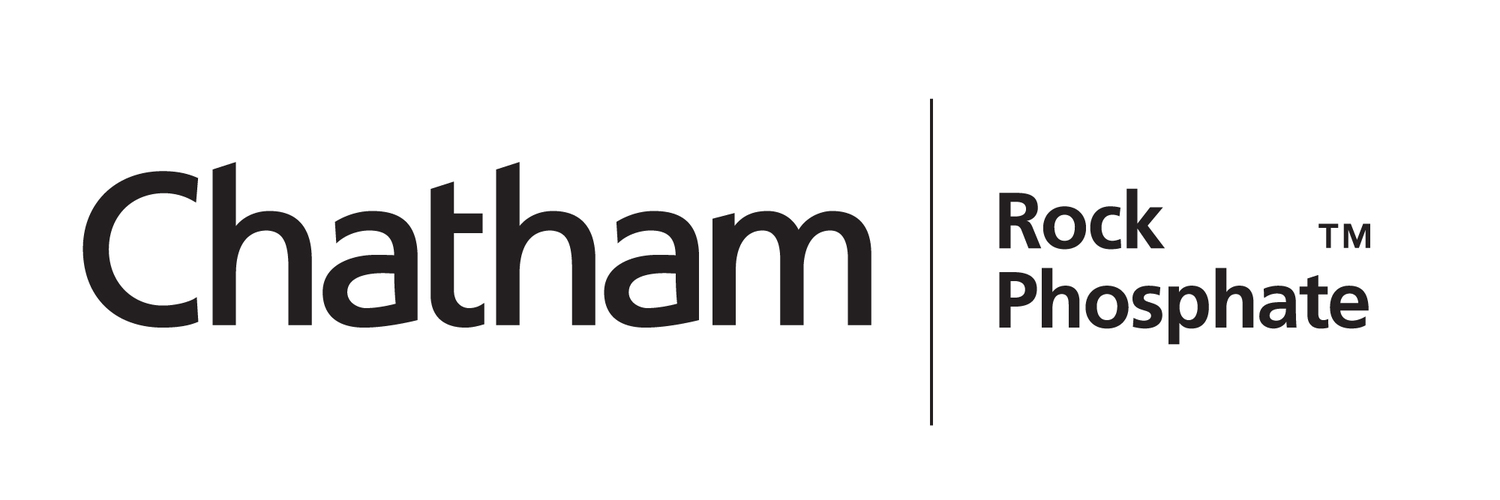CRP Limited Market Announcement: Chatham Slams EPA Precipitate Action
/3 December 2015
Chatham slams EPA precipitate action
Chatham Rock Phosphate advises it intends to oppose an application for summary judgment for costs relating to the marine consent hearing process, surprisingly received last night from the Environmental Protection Authority. The EPA is seeking payment of just under $800,000 of invoiced but unpaid costs.
CRP is considering its legal position but, as a consequence of the EPA’s action, is likely to seek a judicial review of all costs incurred by the EPA and invoiced to CRP during the environmental consenting process, which the company disputes.
Managing Director Chris Castle said CRP has been clear throughout the process that it disputes that the charges are both actual and reasonable as required by regulations, and is astonished the EPA would seek summary judgment when the company has detailed its concerns on several occasions that a large proportion of its costs are neither appropriately or lawfully invoiced to CRP. Our detailed forensic examination of their invoices has revealed, inter alia, that we have been charged for costs unrelated to our application, overcharged in respect of numerous matters, and invoiced for costs where no satisfactory information justifying them has been made available.
“We have strong grounds for a judicial review of all of the EPA’s invoiced costs on the basis the charges are unreasonable and unlawful, and in light of the EPA’s ill- advised actions it appears necessary for this to be laid bare”.
Mr Castle said the company had been working with the EPA throughout 2015 to try and sensibly resolve the situation, and considers it unfortunate for the EPA to resort to the courts when such significant concerns had been raised by CRP and had still not been appropriately dealt with by the EPA.
The total quantum of costs invoiced by the EPA is $2.66 million, of which CRP has paid $1.86 million.
The concerns CRP has relate to several hundred separate cost items that it believes have been significantly overcharged, are not appropriately attributable to CRP’s consent process, or have never been clearly explained or justified. In many instances further information requested to resolve these concerns has not been released.
In addition, the EPA significantly exceeded its forecast budget on the project, and simply continued to incur excessive and unjustified costs which it passed on to CRP without any apparent consideration of whether the charges were appropriate under the regulations.
There are many examples of the EPA charging staff time well above the cost recovery of their salaries and there is a total lack of transparency and accountability about charging value for money or about charges to CRP where there is no evidence of any benefit to the consent process.
“The costs queried include everything from insufficient documentation, to incorrect amounts from expense claims, hotel charges for contractors that include alcohol, and costs those that do not appear be reasonable or justifiable – such as using out of town contractors for roles that should have been carried out in house or at least with local contractors. The EPA rented hotel rooms for meetings of the decision making committee rather than using its own meeting rooms. Exorbitant taxi use by Wellington-based EPA staff for travel within the central city was also passed on to CRP without any further consideration.
“CRP is disputing the full quantum of costs and is not paying the amount claimed until it is satisfied about the validity of the money invoiced.
“We have a duty of care to our shareholders regarding money spent.”
“These costs have not been reviewed independently and we have serious concerns about the transparency and accountability of EPA processes. We note these have also been raised in the proposed amendments to the EEZ Act. The Bill also seeks to address issues of cost recovery that have been raised by ourselves and other applicants.”
CRP is also reserving its position as to whether it pursues a damages claim against the EPA relating to the release of a staff report during the consent process in 2014, which seriously damaged the company’s market value, derailed a London AIM market listing and an associated capital raising.







 +64 21 5581985
+64 21 5581985 chris@crpl.co.nz
chris@crpl.co.nz PhosphateKing
PhosphateKing